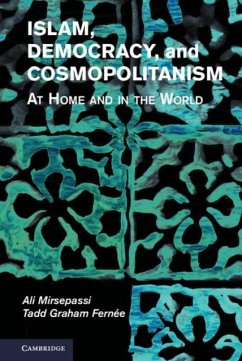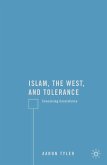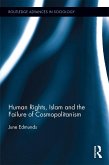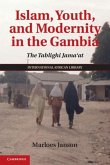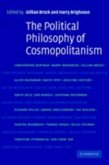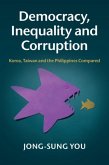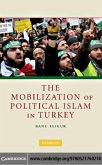This book presents a critical study of citizenship, state and globalization in societies that have been historically influenced by Islamic traditions and institutions. Interrogating the work of contemporary theorists of Islamic modernity such as Mohammed Arkoun, Abdul an-Na'im, Fatima Mernissi, Talal Asad, Saba Mahmood and Aziz Al-Azmeh, this book explores the debate on Islam, democracy and modernity, contextualized within contemporary Muslim lifeworlds. These include contemporary Turkey (following the 9/11 attacks and the onset of war in Afghanistan), multicultural France (2009-10 French burqa debate), Egypt (the 2011 Tahrir Square mass mobilizations), and India. Ali Mirsepassi and Tadd Graham Fernee critique particular counterproductive ideological conceptualizations, voicing an emerging global ethic of reconciliation. Rejecting the polarized conceptual ideals of the universal or the authentic, the authors critically reassess notions of the secular, the cosmopolitan and democracy. Raising questions that cut across the disciplines of history, anthropology, sociology and law, this study articulates a democratic politics of everyday life in modern Islamic societies.
Dieser Download kann aus rechtlichen Gründen nur mit Rechnungsadresse in A, B, BG, CY, CZ, D, DK, EW, E, FIN, F, GR, HR, H, IRL, I, LT, L, LR, M, NL, PL, P, R, S, SLO, SK ausgeliefert werden.

